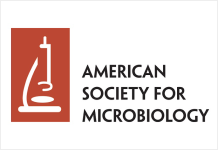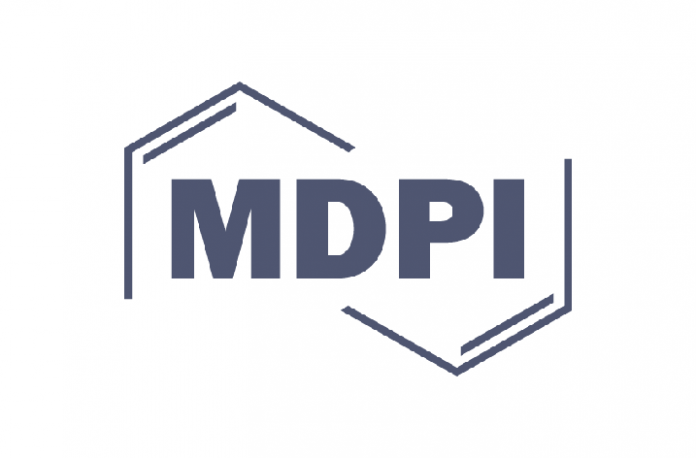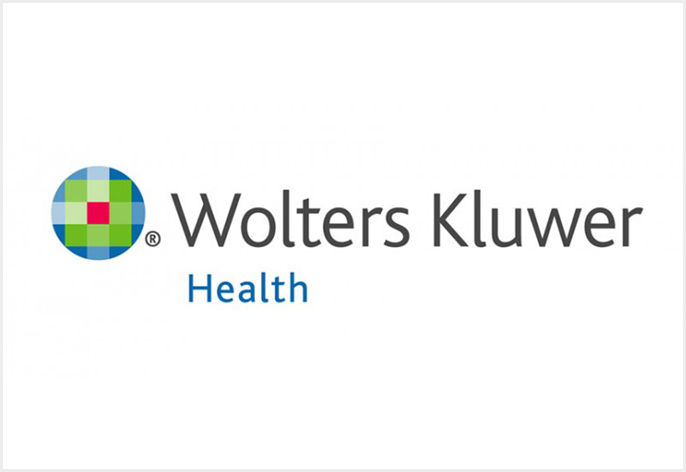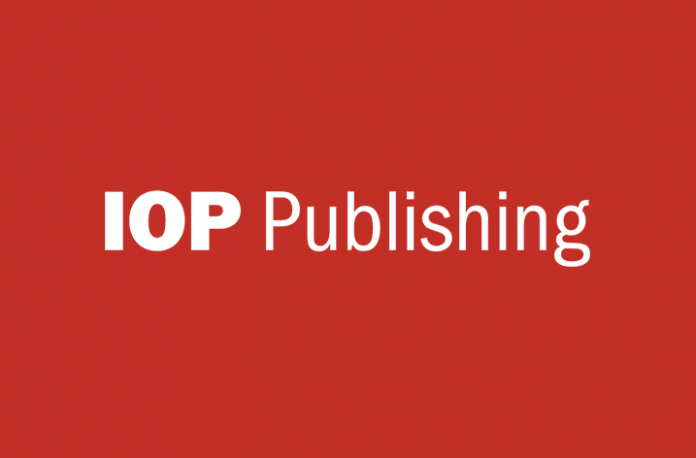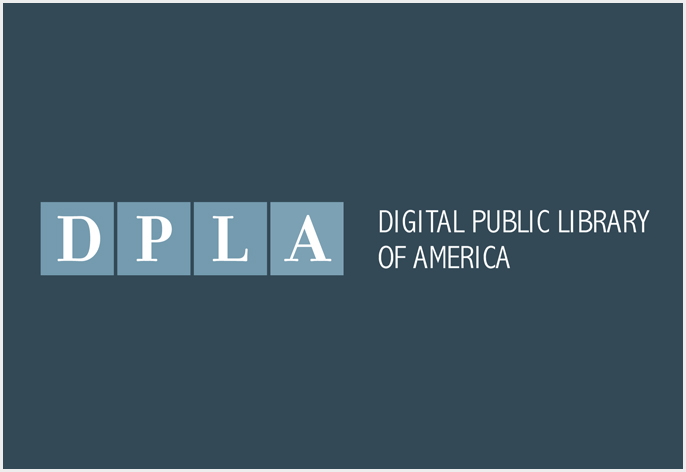MDPI is pleased to announce that it has joined CHORUS as an Affiliate Member in support of its mission to provide a sustainable solution for funding agencies and scientists to deliver public access to articles reporting on funded research in the United States. As an original open access (OA) publisher, MDPI has been advancing the global agenda to make OA the standard for over 25 years, consistently meeting funders’ open research requirements.
CHORUS is a not-for-profit membership organization including funding agencies, publishers, and others involved in scholarly publishing, designed to connect users with open versions of federally funded research papers, meanwhile helping subscription publishers comply with mandates from the White House Office of Science and Technology Policy (OSTP) and streamline access to the best available version of federally funded research articles.
“We are excited to join CHORUS, as this partnership aligns perfectly with our commitment to greater transparency in scholarly publishing”, said Stefan Tochev, MDPI’s CEO. “By collaborating with CHORUS, we aim to enhance the accessibility and discoverability of open access research, ultimately driving forward our shared mission of advancing knowledge and innovation.”
Powered by Crossref’s FundRef and other open technologies, CHORUS is interoperable with various public-access solutions, agency search portals, publisher platforms, and repositories. It operates at no cost to the government, academic institutions, and taxpayers, minimizing costs for funders and the administrative burden on authors.
The CHORUS platform went live in July 2014 and includes NASA, the U.S. Department of Energy, the U.S. Department of Defense, the U.S. Geological Survey, and the National Science Foundation.
In 2022, the OSTP released a memorandum requesting that from the start of 2026 all publicly funded research be made openly available immediately upon publication.
The memorandum is poised to accelerate the transition toward OA, making libraries pivotal in reshaping scholarly communication. The directive shifts library budgets towards supporting open access (OA) publishing, necessitating reallocation of funds traditionally spent on subscriptions to support the funding of article processing charges (APCs) and other OA plans. Moreover, it alters workflows, with libraries needing to enhance their roles in managing institutional repositories, advising researchers on compliance, and collaborating on OA agreements. The memorandum accelerates the transition toward OA, making libraries pivotal in reshaping scholarly communication.
We remain committed to supporting academic institutions, both directly and through CHORUS, in adhering to national mandates, while ensuring that authors can easily publish in fully compliant (CC-BY) Open Access journals.









